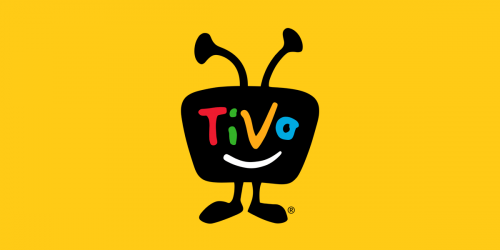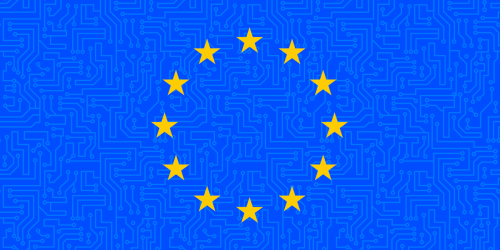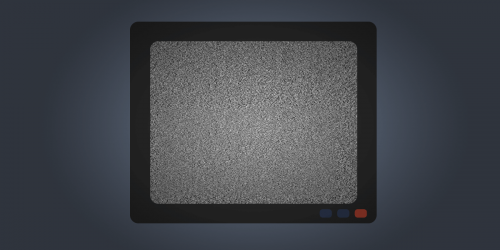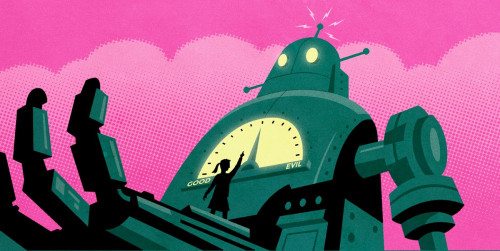Today (June 12, 2009) marks the completion of the U.S. transition to digital television, as TV stations switch off their analog transmitters.
Just a few years ago, some broadcasters and movie studios argued that this transition couldn't happen without a DRM mandate -- a legal requirement for devices to obey the broadcast flag and apply DRM restrictions to free, over-the-air broadcasts. And they said they would hold up and obstruct this transition unless they got their way.
The DMCA has already been used to restrict the ability to produce innovative, useful products that copyright holders disapprove of. But at least the DMCA only applies to proprietary, encrypted media. The broadcast flag rule proposed to apply the same kinds of controls even to an open, unencrypted format, something Congress originally specifically declined to do with the DMCA. The broadcast flag concept threatened to give the entertainment industry a veto even over features of devices that want nothing to do with DRMed media. And it was just one in a series of technology mandates Hollywood was after; each one was meant to plug yet another "hole" in Hollywood's control of technology, including "holes" left behind by previous mandates.
We and our colleagues said no; we said that entertainment industries already have too much control over our living rooms. We went to the meetings where the broadcast flag was planned, we lobbied the FCC, and together with Public Knowledge, the American Library Association and other library associations, Consumers Union, and the Consumer Federation of America, we went to court to stop the broadcast flag mandate from becoming law. We won, ultimately succeeding in getting the FCC's broadcast flag mandate thrown out.
But while all this was happening, the entertainment industries made a series of dramatic threats. They said the DTV transition would suffer unless the mandate went through; they said they would pull programming off the air and not license movies for broadcast.
MPAA's Fritz Attaway said that "high-value content will migrate away" from television if the broadcast flag wasn't imposed; he told Congress that fears of infringement without a broadcast flag mandate "will lead content creators to cease making their high-value programming available for distribution over digital broadcast television [and] the DTV transition would be seriously threatened". Most famously, Viacom said that
[i]f a broadcast flag is not implemented and enforced by Summer 2003, Viacom's CBS Television Network will not provide any programming in high definition for the 2003-2004 television season.
It's six years later and these threats have all fallen flat. This week, CBS will broadcast dozens of popular programs, like CSI, Without a Trace, Survivor, and The New Adventures of Old Christine, in high definition via over-the-air broadcast. So will all the other major networks. Digital TV also continues to feature popular movies with no DRM.
Entertainment industries like to argue that they "need" DRM to make works available. And policymakers have eagerly adopted this argument. But when the bluff is called, it turns out that the DRM wasn't so necessary after all.
We're proud of our part in defeating the broadcast flag and we're grateful to all of our partners in that fight. We want to extend a special thanks to Public Knowledge and to Gigi Sohn and her staff, past and present, for the tremendous amount of work they've done on this issue, and to the legal team at Steptoe and Johnson for adroitly and effectively handling a complex court challenge to the FCC's ruling.
As we said all along, digital TV is more functional and the equipment to view it is cheaper and more available without the "compliance and robustness" requirements MPAA sought to impose. If you have a computer, the cheapest way to get digital TV broadcasts isn't to buy a fancy new TV. It's to get an innovative, inexpensive device to let your computer receive TV signals. Some of these devices stream TV over a LAN to a computer, some connect externally via USB, and some install inside a desktop case. It's cheaper than a new TV, it's convenient, and it's DRM free. Happy DTV transition!








